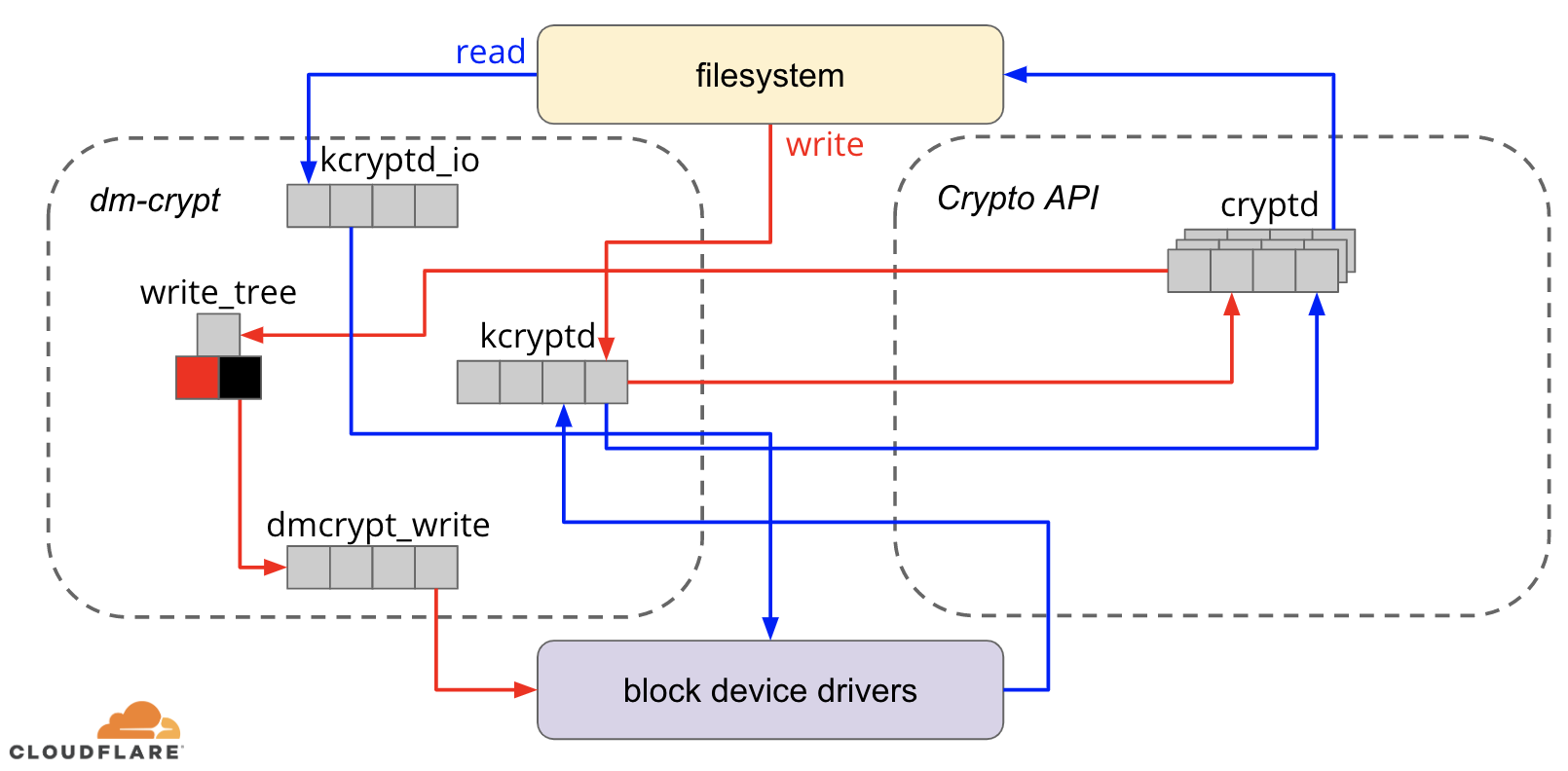Originally posted by Joe2021
View Post
its the first time in decades that everyone see that AMD won the Intel-ISA war LOL...
what a shame for intel.


Comment